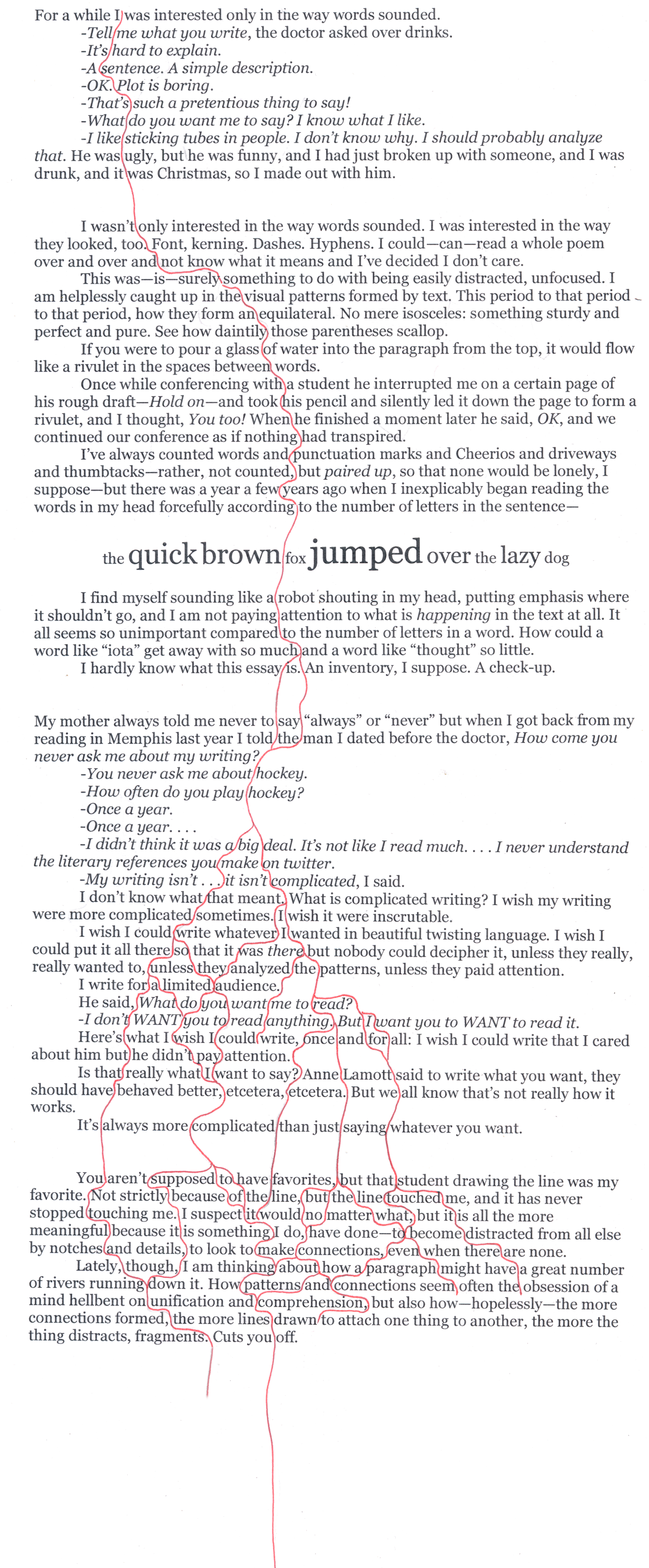Making Space: Cicadas & My Mother
I watch the tremulous torso of the cicada, trapped on my driveway. I count the segments of its thorax. Seven. Or is it nine? I’m going for seven; there’s something I cannot discern, and the vibratory movement, the blistering heat, my harried errand does not lend well to studying the insect.
Also, I detest cicadas.
I deposit the outgoing mail in the mailbox and circle back. It’s a lone cicada. Its translucent wings splay and arc, as if lying in the snow making angels.
In death, the body becomes light. This is no exception when it comes to insects. One might call it Qi, life force, or the soul; spirit, and science has documented a slight shift in body weight when death occurs.
The afternoon sun climbs higher and the cicada shimmers green and blue iridescent. I note the shape of its slightly pointed thorax, the veined wings, and for a moment, desire to flip it, in hopes that maybe it’s just stuck, and will be on its way in no time, but no. This particular cicada seems to speak: let me die.
###
Six years ago, my mother lay on her bed, spread her wings, and never woke. It was intentional. Her body became a shell, oozed fluids, became smaller, then bloated with gases.
###
More than thirty years prior to that, the seventeen-year cicadas invaded our suburban town, dropping from the sky like stones. We were at the park, picnic blanket spread lakeside: mother, father, little sister, myself. A bucket of chicken and Sporks mounded with mashed potatoes. My mother sat sidesaddle, tipped her head to the trees and said, “They go two by two, like Noah’s Ark.” The air wobbled, thick like honey. Cicadas skated from blades of grass, encroaching our meal. My mother gaped at the insects, and I feared one—or more—would crawl into—or out of—her mouth.
###
Just days ago, a screw pierced my tire on that driveway. Then another. And now, in its place: a cicada. I’m a little superstitious.
It has been seven years since my mother and I last spoke. Seven, like the segments on the insect’s thorax.
Her eyes were blue-green.
Iridescent.
Crazed, at times.
She said once to my father, “The eyes are the window to the soul.”
He nodded.
With more insistence she said, “Your eyes are snow white, do you know that? Like Snow White and the Seven Dwarves.”
What was she suggesting? My father’s eyes were void of color? Of emotion? That he did not have a soul?
“You’ve had a long day,” he said. “My eyes are brown.”
She smirked then. Turned away. “Like Noah’s Ark.”
A cicada crawled along her hand, danced along her wrist. She studied its wiry legs, red eyes, the complex membranous layers of insect. It climbed, higher, onto the fleshy part of her arm. She wanted another to join. Two by two.
Another dropped from the tree. Two more landed on her back. She was rapturous, her face glowing with something wild and feral.
“I am Noah’s Ark,” she called.
She opened her mouth: a door.
I couldn’t watch.
###
Seven years is a long time.
They say every seven years the body regenerates. New cells, new perspective. Evolution of body and mind, a stunning rejuvenation of thought and perhaps space. If this is so, then everything I carry in my person never once came into earthly contact with my mother.
Now, I poke at the cicada with a piece of cardboard from the dumpster that sits on my driveway. We’re in the midst of home renovations, hence: the screws. The cicada is devoid of life.
Days later, it’s mysteriously gone from the driveway. Carried away, I assume, by wind or rain, or a bird.
I am sorting through our household belongings. Seventeen years of marriage. Chipped dishes, missing lids. Seventeen years of ‘I love yous’ and worries and growth.
Seventeen-year cicadas.
Sticky technicolor days.
I sand down a dining room table, stripping it of its rich orange-brown finish, the cells of the wood splintering in fragments.
In the kitchen, I roll paint over cabinets, transforming them from crisp Maple to deep gray and silver.
The windows are removed, leaving gaping sockets dark with emptiness until new ones slip into the frame, like the sun splitting through clouds.
Still, she occupies an indiscriminate space.
Somewhere.
But the cicada is gone, I’ve looked.
The table, the windows, too. We toss out a toilet. And then a shower.
It’s invigorating, stimulating. We relish in creation.
New floors go in. Baseboards are replaced, painted. My mother once walked on those carpets. Where she once nearly fell from her chair at a meal she requested I cook, the tiles are shattered into chalky bits, tossed into the dumpster.
My mother was an interior decorator.
My mother was the house.
My mother died in a house.
Her house.
###
In our home, we bring in new furniture, new colors, textures. Grays and blues and greens.
The curtains are ripped from the rods. Nothing replaces them. We want light, openness. Spaciousness.
Outside, the cicadas call, their tremulous torsos humming like violins.
I say to my husband, “Is the back door open? It sounds loud, louder than ever.”
He goes to check. “No. Closed.”
“Do you hear it, though? The cicadas?”
He shrugs. “It’s summer.”
I go to the back patio and collect laundry drying in the sun. I re-tie the rope pull onto an antique farm bell, which has been relocated from my husband’s childhood home to ours. I take in our verdant yard, the garden our daughter tends to, the trees we’ve grown, and am lost in thought.
The wind rustles my hair. I lose sight of the bell handle.
I tuck my hair behind my ears. There, on the post, a cicada molt, molded in its former juvenile self.
For a moment, I am stunned. Disgusted. Then intrigued.
Cicadas shed their former selves when they grow too large. They emerge, evolve.
I think the husk will lift right off, but vestigial claws of the former nymph pierce the fibrous wood. I scrape, lifting the carcass with a wood chip, fully intact. A lightness overcomes me. The wind picks it up and blows the yellowed shell away.
Back inside, I collect stuff to go to the resale shop. Tables. Lamps. Rugs. My husband loads them into the back of the car. “That, too?” he says.
“It doesn’t match anymore.”
“You’re running out of space. In the car.”
“Good,” I say. “Better there than the house.”
He closes the tailgate, steps away, and there, on the ground, in the wide crack of the driveway, a shimmer of green, a cracked translucent wing, the cicada in her grave.
And I know: I’ve made space.

Leslie Lindsay’s writing has been featured in The Rumpus, Hippocampus, Psychology Today, Mutha Magazine, Ruminate’s The Waking, Manifest-Station, Literary Mama, Pithead Chapel, Cleaver Magazine, Motherwell, Flash Frog Literary, Visual Verse, Agapanthus Literary, and A Door = Jar, with forthcoming pieces in Levitate, The Tiny Journal and Brevity. Her memoir, MODEL HOME, is currently on submission with Catalyst Literary Management. She was recently accepted to the Kenyon Writer’s Workshop and has participated in Kathy’s Fish’s The Art of Flash. Leslie can be found on Instagram and Twitter @leslielilndsay1. She resides in the Greater Chicago suburbs and is at work on a memoir exploring ancestral connections.

 BACK TO ISSUE
BACK TO ISSUE
